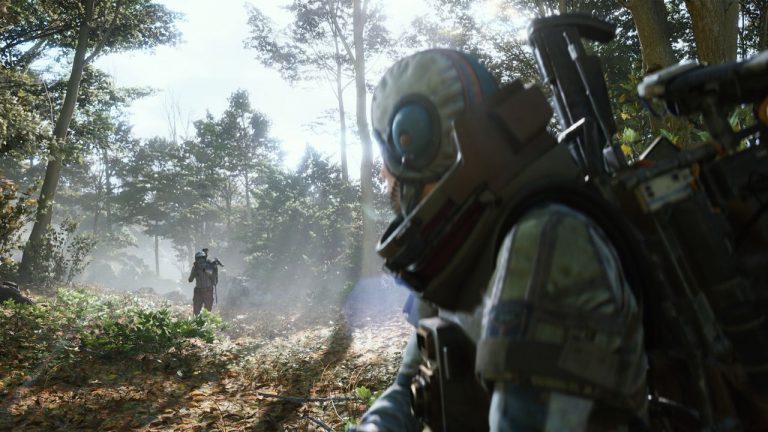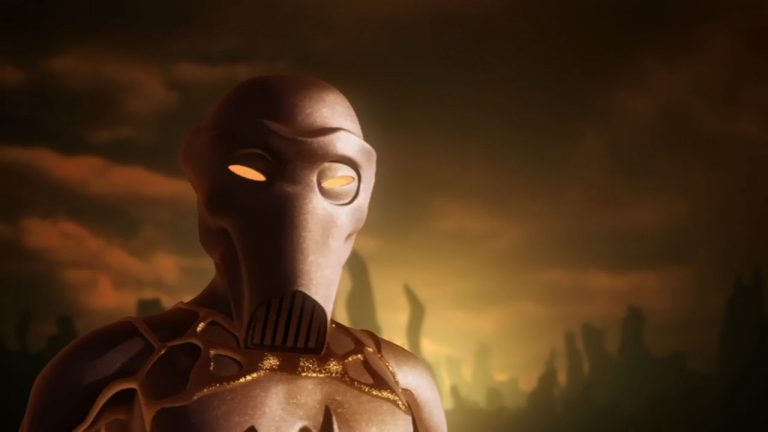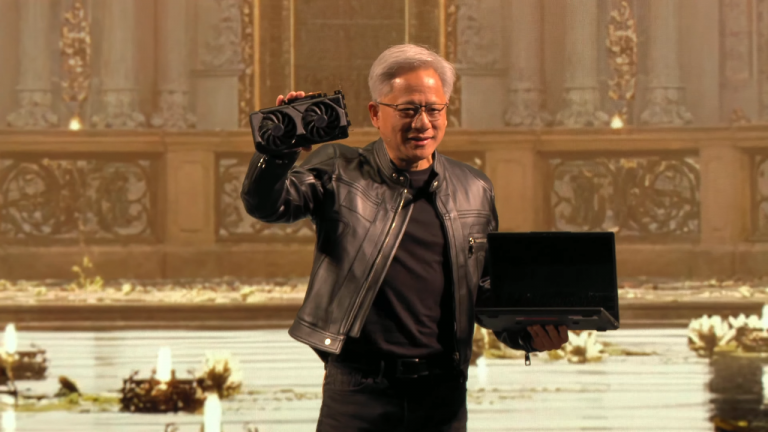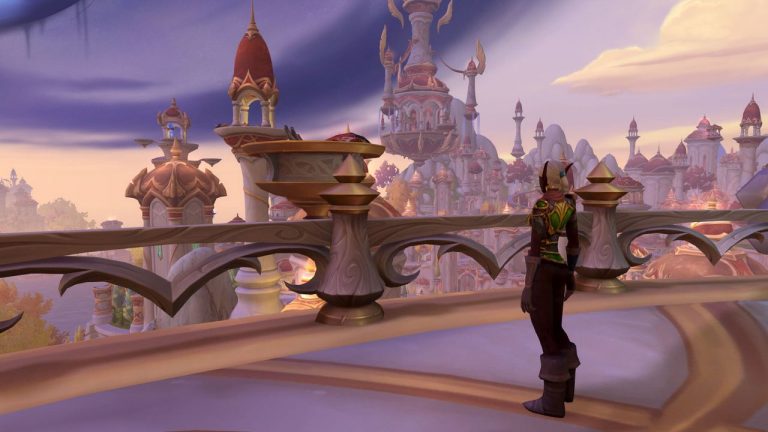What is it? Photorealistic third-person ant-vs-ant RTS
Expect to pay: $40/£35
Developer: Tower Fire
Publisher: Microids
Reviewed on: Radeon RX 6800 XT, Ryzen 9 5900, 32GB RAM
Multiplayer? Online 1v1 and free-for-all PvP
Link: Steam
Zooming in on tiny things and imagining what life is like for them: it never gets old. Like 2016 platformer Unravel and Obsidian survival game Grounded, new RTS Empire of the Ants plops us into the world of macro photography. It does a great job of showing us the world from an ant’s perspective, where pebbles are boulders and a beetle is an elephant, but you’ve really got to love that feeling for it to work, because as an RTS campaign, it’s not great.
In Empire of the Ants you’re 103,683rd, a warrior-caste red wood ant who fights for their confederation of ant colonies against the much larger world’s wonders and horrors. It’s a wonderfully whimsical world—drawn from a series of French novels—and although the game mechanics aren’t anything special, and the campaign missions are a letdown more often than not, there is an undeniable delight in exploring its tiny world. This is a game about beauty and enjoyable scenery above all else.
The art almost aggressively leaps at you, with as photorealistic a set of greenery and logs and other tiny things as Unreal Engine 5 can muster. The many insects and arachnids and other creatures have believable texture to their exoskeletons that varies between species and type. I was especially enamored by the huge ferns, grasses, and flowers your ant can climb all around on. The surfaces aren’t always as detailed as insect carapace, but the way your ant’s legs twist to clutch at the stem as you climb or spread out on smoother surfaces is just kind of detail you hope for from a game about zooming in on details. It’s simply a very fun, and pretty, game to move about in.
The huge artifacts of the larger human world are also delightful. A rugged old soccer ball features quite early on and looks realistic with its worn stitching and fraying panels and slick slug-trail from a circling, curious creature. These human objects are accompanied by ant-scale descriptions wondering what they might be: We can’t eat the soccer ball, says one, it’s not real leather. Avoid a glass jar in the summer, says another, as it gets very hot.
That does make the places that lack similar detail very obvious: You can build little wood walls for your nests, for example, but you just clip right through them when walking. Lack of attention to certain mechanical details is painful in your average mission, because much of Empire of the Ants isn’t actually RTS missions—it’s platforming around these worlds as a little ant. And that’s fun when you’re traversing and sightseeing, but most of those platformer segments boil down to timed scavenger hunts that have you rushing about and fighting with the awful UI for smelling pheromones more than enjoying the scenery.
(Image credit: Tower Five)
The antgony of defeat
As a whimsical ant exploration simulator, Empire of the Ants does pretty well, but it’s in theory a third-person RTS first and foremost. That part of it is lacking quite sorely. Running around and directing your ants to take new nests—the fixed-in-place capture points that also serve as your only base building—is often too simple. The battles are largely deterministic, where you can see from the start which side would win and which will lose because of the Warrior-Worker-Spitter unit triad forming a Rock-Paper-Scissors counter system. The only wrench in those gears is that sometimes you can use pheromone abilities from your otherwise non-combatant ant leader to do stuff like boost your units’ movement or cause an enemy to flee. It’s very simple stuff that doesn’t inspire an interesting range of tactical scenarios.
That becomes painfully obvious in multiplayer, where the battles devolve pretty quickly into who’s quicker on the draw to take resources and leverage them—I didn’t have any interesting or surprising tactical interactions. There’s little to nothing to recommend this as a committed multiplayer game over other, more strategically-varied games that’ll feel fresh longer.
(Image credit: Tower Five)
(Image credit: Tower Five)
(Image credit: Tower Five)
(Image credit: Tower Five)
(Image credit: Tower Five)
(Image credit: Tower Five)
In the later campaign missions, it’s often frustrating to tab through the long list of ant legions and allied creatures like beetles and wasps you command—and tabbing through the list is indeed the only precise way to select units other than facing and clicking them directly… which can be hard when a half-dozen enemy and friendly unit icons overlap. The UI for base upgrades can also frustrate: it’s projected on the ground and can get covered by friendly ants.
The two halves of Empire of the Ants, exploration and tactics, are both mediocre and at war with each other. It is possible to blend puzzle-platforming and small-scale tactics—typified by the excellent Pikmin series—but Empire of the Ants strictly separates the two types of play. Campaign missions are always either exploration or strategic scenarios, and the exploration is only sometimes mysterious or surprising enough to justify itself. A Pikmin-style game blends the two gameplay types into a fluid whole, with larger levels or regions that reward exploration with strategic bonuses. Here, I feel like I’m hopping between a passionate environmental tech demo and a mediocre third-person RTS in stutters and stops, but those environments are at least enough to recommend it, with big caveats, to lovers of insects and other tiny things.












